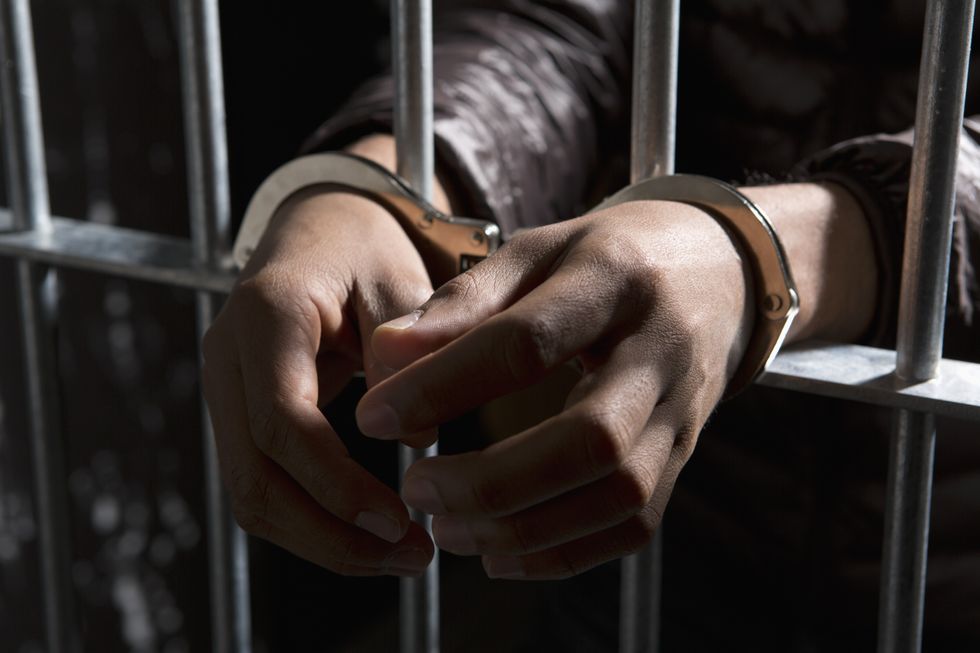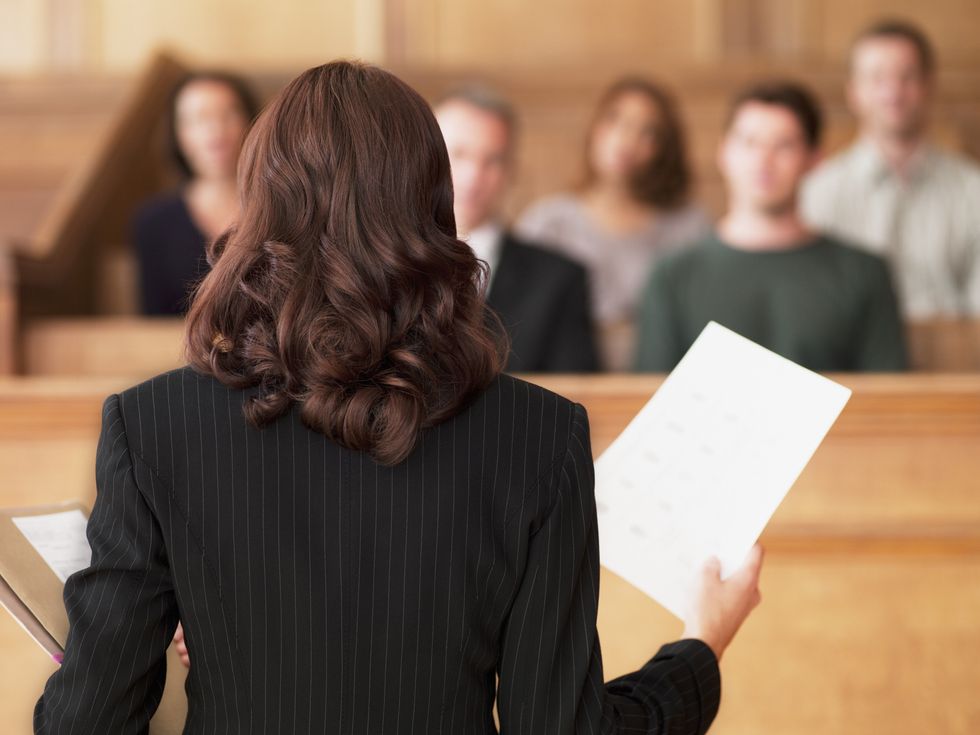Matt Vickers welcomes foreign criminal 'league tables' in latest move by Labour
GB News
Under new plans, defendants would lose the right to a jury trial for 'either way' offences
Don't Miss
Most Read
Latest
Ministers are backing plans to remove the automatic right to jury trials for defendants accused of violent crimes and drug dealing as part of efforts to clear the significant court backlog in England and Wales.
The establishment of an intermediate court system is expected to feature in measures introduced this year, according to Courts Minister Sarah Sackman KC.
The proposal comes as the courts system struggles with a backlog of nearly 80,000 cases waiting to be heard.
Sir Brian Leveson, a former Court of Appeal judge and head of criminal justice, is leading a review of crown courts and will report his findings in the coming months.

Ministers are backing plans to remove the automatic right to jury trials for defendants accused of violent crimes and drug dealing
GettyUnder the plans, defendants would lose the right to a jury trial for "either way" offences, which would instead be heard by the intermediate courts.
These offences can include theft, drug possession, dangerous driving, fraud and some forms of non-serious assault.
The move could significantly ease the burden on crown courts, as "either way" offences currently represent 52 per cent of the backlog.
This accounts for about 39,000 of the cases waiting to be heard.
Some rape victims are currently waiting more than seven years to have their cases heard, highlighting the urgent need for reform.
MORE LIKE THIS:
The proposed intermediate court would see cases tried by a judge and two magistrates, a system recommended by The Times Crime and Justice Commission in its final report this month.
This recommendation has received backing from five former lord chancellors and two former lord chief justices.
Sarah Sackman said: "I think that when former senior members of the judiciary, former lord chancellors, The Times, victims groups are clamouring for bold and radical change, including an intermediate court, I think it's an idea whose time has probably come."
She added that the government would wait for Sir Brian Leveson's recommendations before proceeding.
"I very much expect that an intermediate court will be part of that mix," Sackman stated.

Under the plans, defendants would lose the right to a jury trial for 'either way' offences, which would instead be heard by the intermediate courts
Getty
Sackman emphasised that jury trials "will always be a cornerstone of British justice for the most serious cases" but maintained that "really bold and really radical" measures are necessary to address the backlog.
The proposal is not without precedent, having been suggested over 20 years ago by Sir Robin Auld and more recently promoted by former Justice Secretary Alex Chalk.
However, establishing this new tier of courts would be controversial.
Richard Atkinson, president of the Law Society, said in December it would represent a "major constitutional change which requires careful consideration."
He added that the Law Society was not convinced it would solve the backlogs.
Ministers are also considering extending magistrates' sentencing powers beyond the current one-year maximum.













